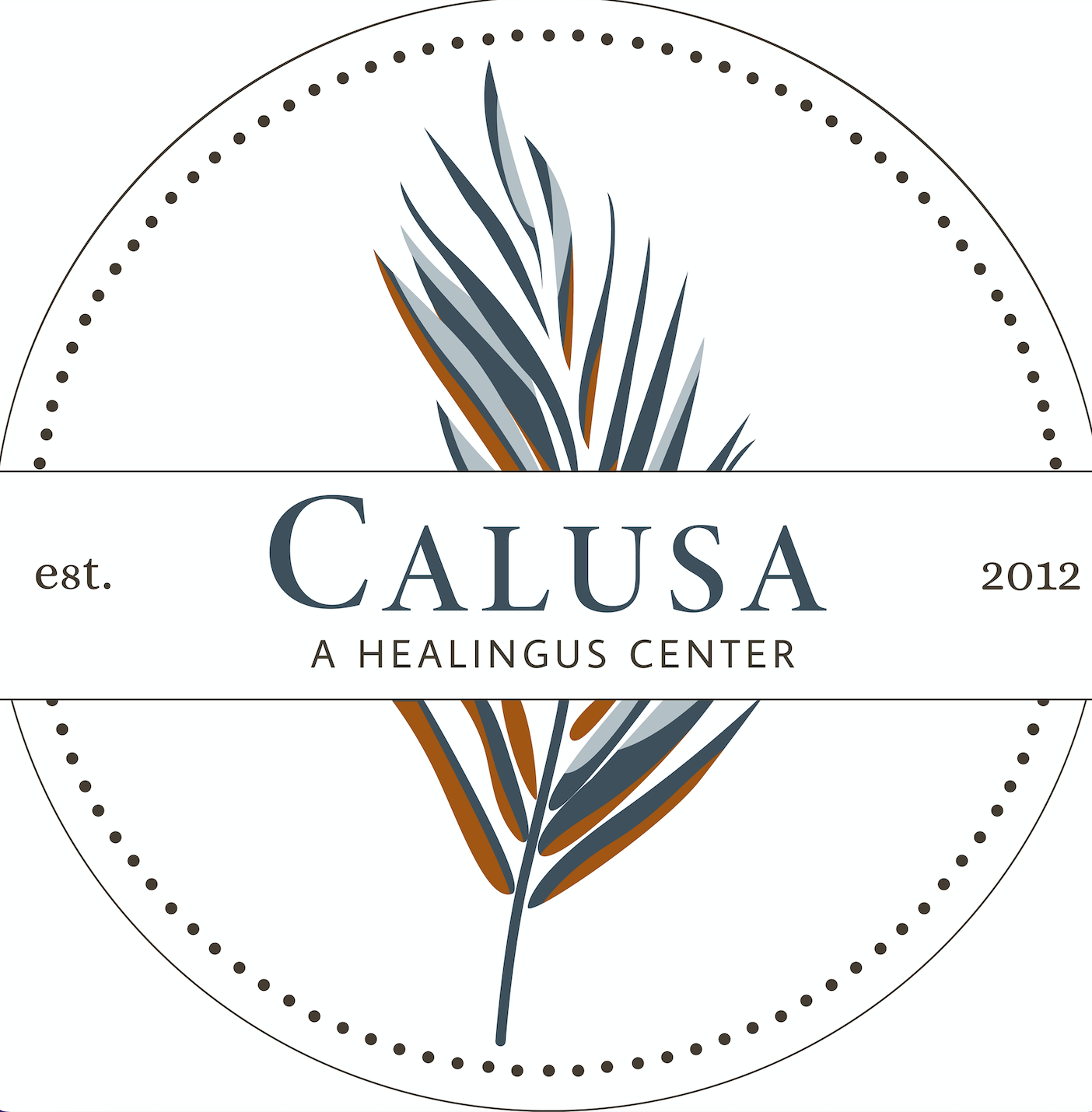Recovery Professionals Offer Therapies For Managing Trauma Triggers & Addiction
If you struggle to manage the effects of past trauma, Calusa Recovery (866-939-6292) offers a practical, step-by-step guide on how to deal with triggers that arise from negative experiences or memories.

Trauma and PTSD can affect every aspect of your life. To help you develop healthier tools for managing your negative experiences, the mental health team at Calusa Recovery provides a guide to trauma triggers and beneficial therapies.
Check out the guide at https://calusarecovery.com/blog/a-step-by-step-guide-on-how-to-deal-with-triggers-from-trauma
The recovery center's guide approaches trauma triggers from a mental health perspective and offers you practical tips and useful coping mechanisms.
At a time when there is an increasing public awareness around the effects of trauma on human behavior and relationships, the guide examines the different types of trauma triggers that can arise and ways therapy can help.
Learn About Triggers
A recent report from Frontiers in Psychology shows that trauma is prevalent within the global population, as a World Mental Health Survey of 70,000 individuals showed that around 70.4% of respondents had experienced at least one type of traumatic event. With a recognition of the manifold ways in which past trauma can affect your functionality, the team of mental health experts at Calusa Recovery strives to raise awareness about trauma triggers and recovery methods.
“Trauma triggers are powerful emotional and psychological events that trigger memories, feelings, or physical sensations associated with a traumatic event,” explains the guide. “Learning to deal with trauma triggers helps you learn to control your emotions and reactions.”
Develop Healthier Tools
The Calusa Recovery guide outlines the difference between internal and external triggers, noting that feelings of anger, anxiety, loneliness, frustration, sadness, or vulnerability can function as trauma triggers, as well as memories or the experience of physical pain. External triggers, on the other hand, include people, places, or things in the environment that remind you of traumatic memories.
You'll find information about post-traumatic stress disorder (PTSD) and its relationships to triggers, along with visual guides and infographics that explain the findings of recent academic studies on the topic.
Get Professional Guidance
Finally, the guide includes information about coping strategies and types of therapy that can be useful in dealing with trauma triggers, such as deep breathing and grounding techniques, self-care practices, seeking support from trusted friends or family, or professional guidance in a qualified recovery center. The team also lists some of the available medications and pharmaceutical options for trauma that are currently available.
There's hope and recovery from trauma - get the support you need from the friendly team at Calusa Recovery!
Find more details and contact Calusa Recovery at https://calusarecovery.com/blog/a-step-by-step-guide-on-how-to-deal-with-triggers-from-trauma

